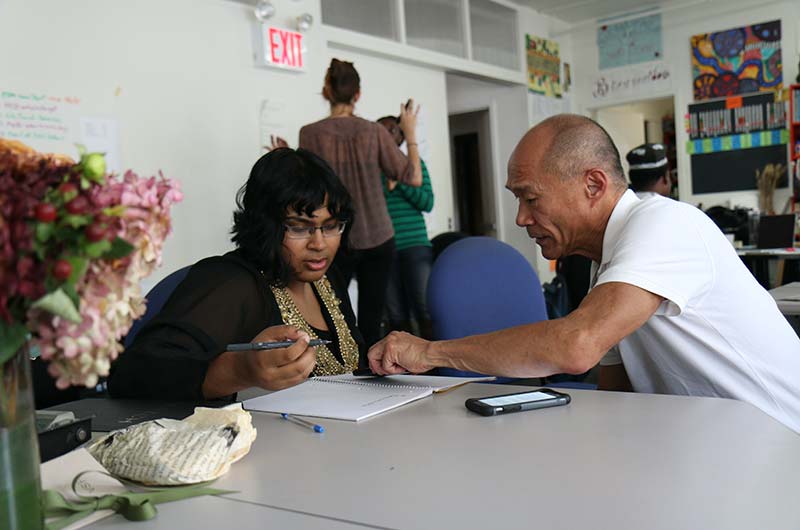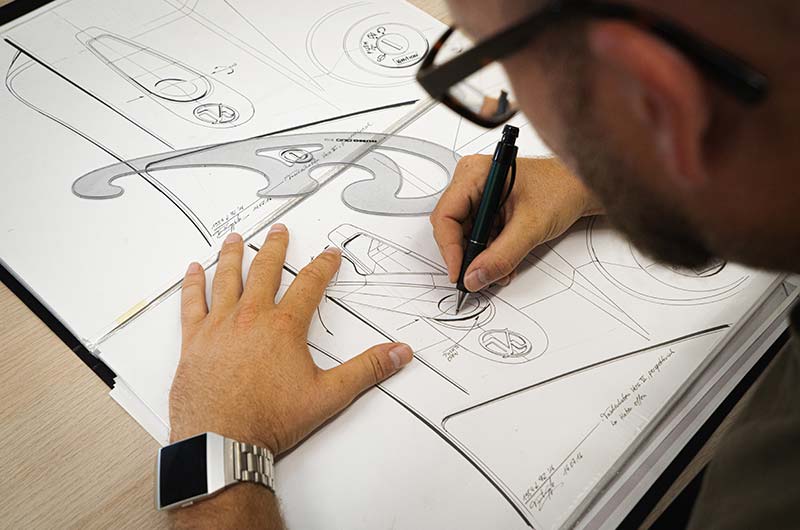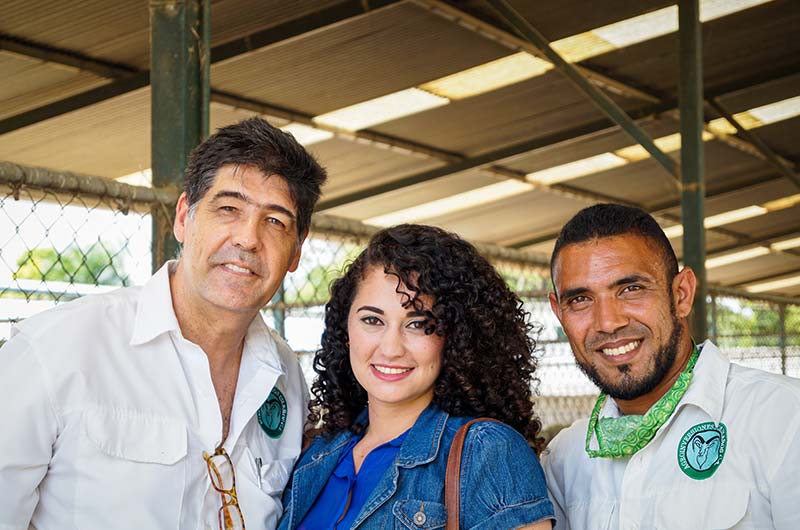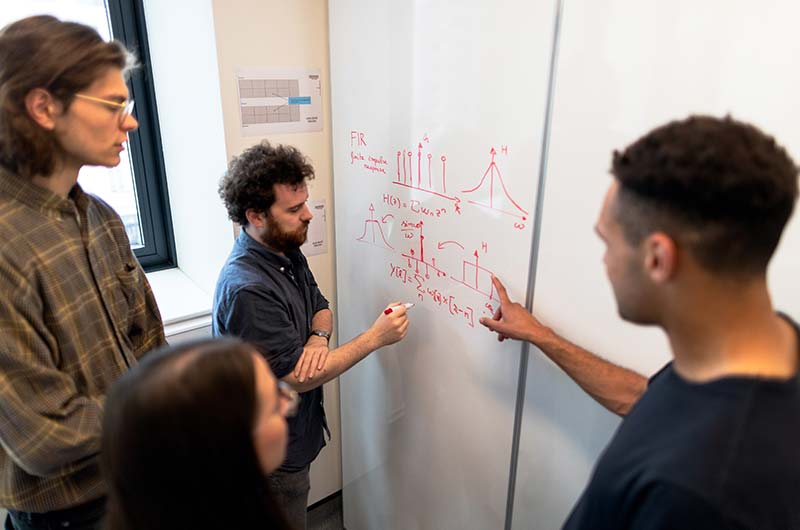





| Course Information | Instructor Information |
|---|---|
| EDEP 6644: College Teaching | Peter Doolittle |
| 2080 Kraft Drive (CRC) | 2039 Kraft Drive (CRC) |
| Thursdays, 7:00 pm - 9:50 pm | pdoo@vt.edu |
| Download the Syllabus | |












Students will comprehend the adaptive nature of human learning that is responsible for building complex and integrated mental structures and frameworks, resulting in deep, meaningful, and flexible understanding. (LEARNING)
Students will engage in designing learning-centered instructional environments—from activities to lessons to units to courses—that proactively emphasize the generation and integration of knowledge to promote deep, meaningful, and flexible understanding. (PLANNING)
Students will understand assessment primarily as a component of learning, and only secondarily as a component of grading, and will purposefully integrate assessment into instruction. (ASSESSMENT)
Students will recognize that prior knowledge and experience are the foundation of understanding and will be able to create learning–centered instructional environments that foster a learner's ability to grow their own understanding. (AGENCY)
Students will purposefully implement LEARNING, PLANNING, ASSESSMENT, and AGENCY that fosters deep, meaningful, and flexible understanding. (TEACHING)

The course, in pursuit of its three primary questions, is structured in several parts: